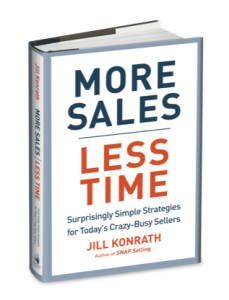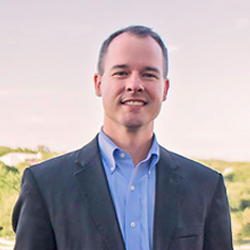
Rusty Shelton has written 2 books, and his latest one, Authority Marketing: How to Leverage the 7 Pillars of Thought Leadership to Make Competition Irrelevant, is about using books to help spread your message and grow your business.
I sat down with Rusty in his Hill Country office to talk about media, authority, marketing, and more. In this interview, learn…
- How Rusty got into the publishing world, and how he got started on his first book.
- The “why?” behind writing a book– it’s not about getting rich from selling a lot of copies. (“The worst way to make money from a book is buy selling it.”)
- Why every company is a media company.
- Why books are different than other forms of media, and why writing one is different for your brand than other forms of content.
- 3 types of media channels
- Rented media (Facebook, etc)
- Earned media (PR, speaking, referrals, etc)
- Owned media (this is the new channel that didn’t exist for most of human history, at least not a global scale)
- 3 types of audiences– the stadium analogy
- your customer and partners
- people who have a seat in the stadium, but haven’t bought yet.
- outside the stadium
- The big marketing mistake companies make with the stadium
- How to set up compelling Lead Magnets.
- How to convert earned media to owned media.
- Content strategy as your personal newspaper
- Don’t fill it with ads or op-eds
- Think like the media, not a marketer– focus on the needs of the audience
- Why personal brands can be more powerful than big corporate brands
- How to use visuals to promote your personal brand
- How your personal brand is important, even for referral-based work
- 3 ways to publish
- Traditional publishing with a major publisher, an advance, etc. Takes about a year. Getting harder and harder to get this if you don’t already have a big stadium.
- Independent– you get the editor, design the cover, etc. You can sell these in bookstores, but there’s more work involved, and you shouldn’t expect to be on a lot of shelves.
- Assisted self publishing, or hybrid (like Greenleaf Books, Advantage | Forbes Books)
- Doesn’t matter as much as it used to, but, the book has to be good, and it can’t look like it was “self-published”.
- You need to have an audio book if you’re trying to reach business audiences. (Joel Block here in Austin help us do our reading, which took 9 hours for 35,000 words, and yielded an 8 hour audio book.)
- Do an online brand audit– type your name into Google. Are you there? Do the results line up with what you want your prospects to see?
- What’s holding me back from writing a book?
- How to “eat the elephant”, and why you don’t need to write a 100,000 words.
- Sales for Nerds the book– it’s coming. What have I done?!?!?! What would you like to see covered in the book? Let me know on Twitter.
Books
And Rusty’s previous book:
Mastering the New Media Landscape: Embrace the Micromedia Mindset
The wine
 Monte Real Rioja 2009 from Spain. Delicious, a bit of BBQ and smoke. Feels right at home in the Texas summer.
Monte Real Rioja 2009 from Spain. Delicious, a bit of BBQ and smoke. Feels right at home in the Texas summer.
Where to find Rusty:
Where you can find Reuben: @Sales4Nerds, @Mimiran, Mimiran.com (the easy CRM for people who are awesome at serving clients but would love some help getting more).
You can also listen on Overcast, or Subscribe on Android, Player.fm.
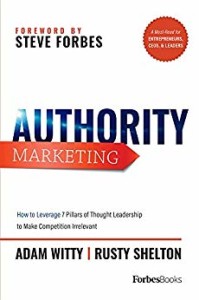 Authority Marketing: How to Leverage the 7 Pillars of Thought Leadership to Make Competition Irrelevant
Authority Marketing: How to Leverage the 7 Pillars of Thought Leadership to Make Competition Irrelevant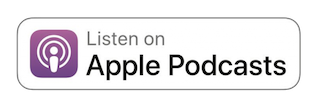

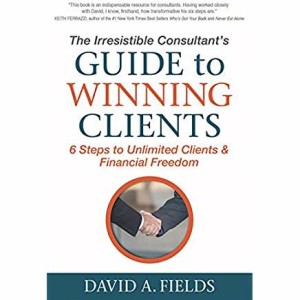




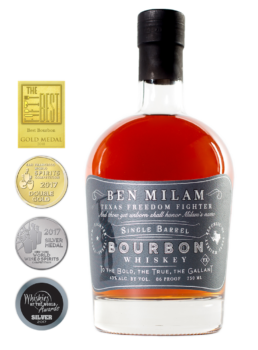
 Reuben has some Ardbeg 10 year old Islay Whisky. (Note the lack of ‘e’.) If you like it peaty, this is a great whisky for you.
Reuben has some Ardbeg 10 year old Islay Whisky. (Note the lack of ‘e’.) If you like it peaty, this is a great whisky for you.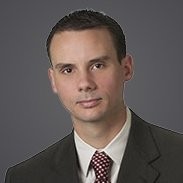
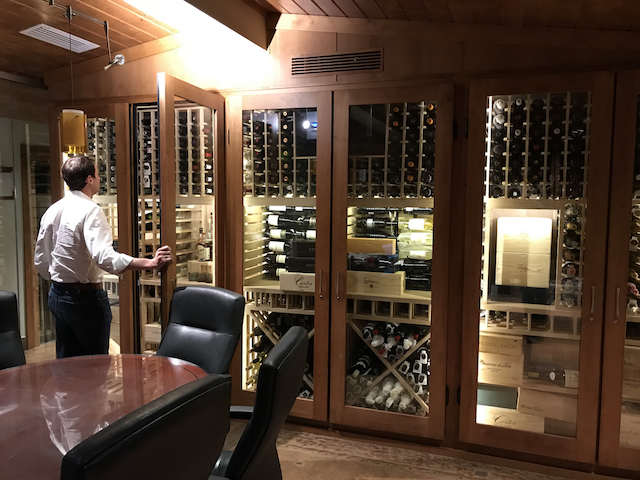
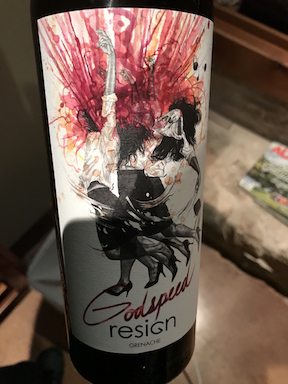
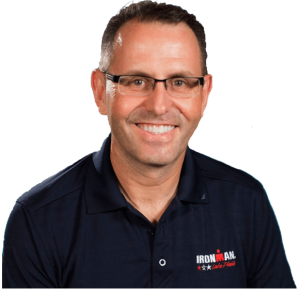 Bryan Payne is a serial entrepreneur, salesmen, Iron Man (12 times over), and general man of adventure and humor.
Bryan Payne is a serial entrepreneur, salesmen, Iron Man (12 times over), and general man of adventure and humor. Another yummy, fruity Sonoma Pinot Noir. What can I say? I like them.
Another yummy, fruity Sonoma Pinot Noir. What can I say? I like them. Rohan Kale is an international man of mystery. Ok, not so much mystery, but certainly adventure. He was on the typical track of a talented engineering student in India, grinding out 100 hour weeks for a big software company.
Rohan Kale is an international man of mystery. Ok, not so much mystery, but certainly adventure. He was on the typical track of a talented engineering student in India, grinding out 100 hour weeks for a big software company. Mönchhof Riesling, 2008. As I mentioned, if I think of it as “wine”, I find it way too sweet. But if I think of it as “dessert in a glass”, it’s pretty good.
Mönchhof Riesling, 2008. As I mentioned, if I think of it as “wine”, I find it way too sweet. But if I think of it as “dessert in a glass”, it’s pretty good.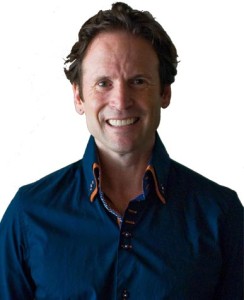 Few authors have had the impact on sales that Aaron Ross has had over the past few years. His first book, Predictable Revenue, called “the sales bible of silicon valley”, he co-authored along with Marylou Tyler, who was on
Few authors have had the impact on sales that Aaron Ross has had over the past few years. His first book, Predictable Revenue, called “the sales bible of silicon valley”, he co-authored along with Marylou Tyler, who was on 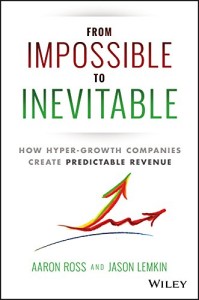
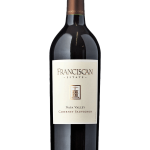 Aaron couldn’t partake, because he was in the middle of the morning California time, plus, while he really wanted a glass of wine, he knew it would put him to sleep which is not good when you have a short workday and a huge household logistical puzzle to solve each day.
Aaron couldn’t partake, because he was in the middle of the morning California time, plus, while he really wanted a glass of wine, he knew it would put him to sleep which is not good when you have a short workday and a huge household logistical puzzle to solve each day.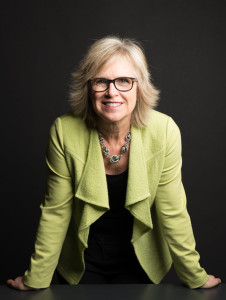 Jill Konrath has written 3 best-selling books on sales, and now she’s out with a new book on personal productivity called
Jill Konrath has written 3 best-selling books on sales, and now she’s out with a new book on personal productivity called 